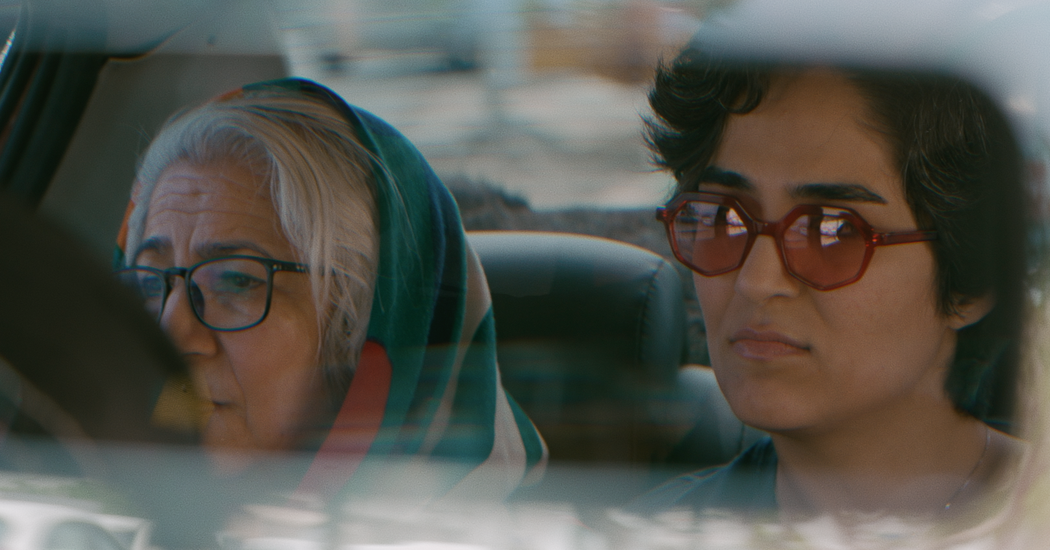Freedom of Choice vs. Religious Traditions
When a woman’s freedom of choice intersects with religious traditions and legal frameworks, it raises questions about the balance between individual rights and cultural or religious norms. This scenario often leads to complex legal and social challenges where personal liberty and traditional values are at odds. The dynamic between these elements can create a landscape for debate and discussion about the prioritization of personal choice, the respect for religious customs, and the role of laws in mediating these conflicts.
When Women’s Choice Clashes with Religious Traditions and Law
The tension between a woman’s freedom of choice and religious traditions often leads to complex legal challenges. These situations arise when personal beliefs and faith-based practices conflict with secular laws. Women may find themselves in difficult positions where their personal choices, such as those related to dress, marriage, or reproductive rights, are influenced by both their religious community and state legislation.
In some cases, women might struggle to balance their individual rights with family or community expectations. Legal systems worldwide face the challenge of safeguarding personal freedoms while respecting cultural and religious practices. This ongoing conflict requires careful navigation to ensure that women’s rights are not compromised while fostering respectful dialogue between secular legal frameworks and religious traditions.
Women’s Freedom of Choice and Religious Traditions in Conflict
In many societies, women’s rights are often at the forefront of discussions about cultural practices and religious beliefs. The tension between maintaining traditions and embracing modern principles of equality can result in significant societal challenges. Legal systems sometimes struggle to balance these competing interests, leading to a range of outcomes depending on the jurisdiction and the particular issues at stake.
Legal Implications of Balancing Autonomy and Tradition
The intersection of a woman’s freedom of choice with religious traditions and legal constraints can result in significant tensions and conflicts. These conflicts often arise when personal autonomy is restricted by cultural or religious norms that dictate certain roles and expectations for women. Legal systems may either uphold these traditions or challenge them, depending on the societal context. As women strive to exercise their agency, they may confront resistance from both religious institutions and legal frameworks, each wielding considerable influence over social customs and individual rights. This dynamic creates a complex landscape where the pursuit of personal freedom must be carefully negotiated alongside entrenched beliefs and legal principles.
The clash between personal autonomy and societal norms
In navigating the intricate path where personal freedom intersects with deeply rooted traditions and legal constraints, societies are challenged to reconcile individual rights with collective values. This delicate balance requires ongoing dialogue and understanding to ensure that cultural heritage evolves without infringing upon personal autonomy. It is a testament to the resilience and adaptability of communities as they strive to uphold both their beliefs and the rights of individuals within them.














Post Comment